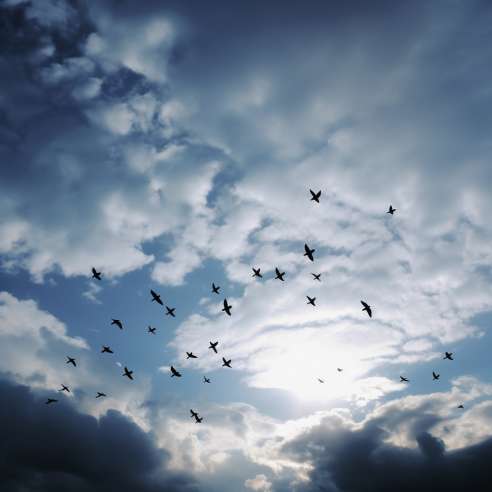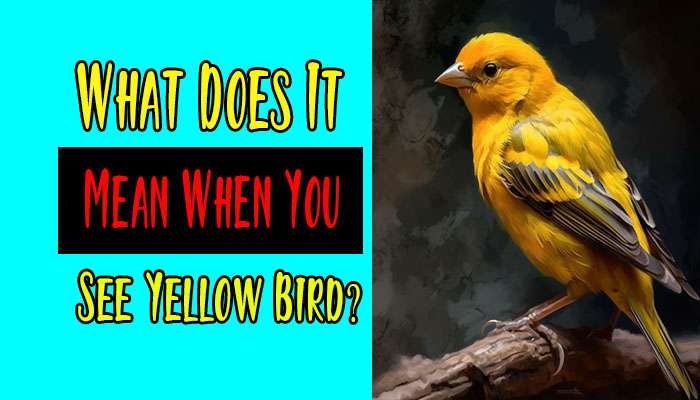The Peculiar Appetite: Why Do Pelicans Eat Other Birds?
Hello there, fellow bird enthusiasts and curious minds! Today, I’m embarking on a fascinating journey into the quirky world of pelicans. These magnificent birds are renowned for their distinctive appearance, with their large bills and impressive wingspans.
But what truly sets them apart is their rather unusual dietary habits. In this blog post, we’re going to delve into the captivating question: Why do pelicans eat other birds? So, strap in for an avian adventure as we explore this intriguing phenomenon!
Why Do Pelicans Eat Other Birds?
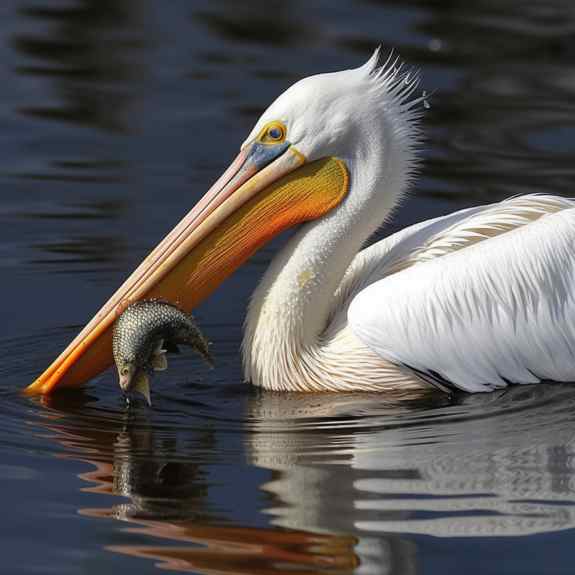
Pelicans are primarily fish eaters, but they are also opportunistic feeders, meaning they will eat whatever food is available. This includes other birds, especially smaller birds like terns, gulls, and ducklings.
See Also: What is the Lethal Range of Birdshot on a Human?
There are a few reasons why pelicans might eat other birds.
1. Unveiling the Peculiar Appetite
Let’s start our adventure by unraveling the mystery behind the pelican’s peculiar appetite. Pelicans are primarily piscivores, which means their diet mainly consists of fish. However, there are instances where these birds exhibit carnivorous tendencies, and other birds become the unsuspecting victims of their hunger.
Brown pelicans, in particular, have earned a reputation for indulging in occasional avian feasts. These large, graceful birds are known for their remarkable plunge-diving abilities, which they employ to catch fish. But it’s not just fish that captures their attention. In some cases, they resort to a rather unusual menu option: other birds.
2. The Curious Reasons Behind This Behavior
Now that we’ve established that pelicans do, in fact, eat other birds, the burning question is why? What drives these otherwise fish-loving creatures to become carnivorous? Let’s explore some of the theories behind this behaviour.
Competition for Food
One of the key reasons behind pelicans preying on fellow birds is the fierce competition for food. The world beneath the water’s surface can be a challenging place, with various species vying for the same fishy delicacies. When fish populations are low, pelicans may resort to catching smaller birds as an alternative food source. It’s a survival strategy in the harsh world of the wild.
Opportunistic Predators
Pelicans are opportunistic by nature. Their large bills and impressive wingspans allow them to make the most of available food sources. So, when the opportunity arises, they seize it. This adaptability ensures their survival, even in unpredictable environments.
Parental Instincts
Another fascinating aspect of pelican behavior is their role as parents. Pelicans are devoted caregivers, and they go to great lengths to provide for their chicks. In times of scarcity, they may capture smaller birds to feed their hungry offspring. This parental instinct is both heartwarming and perplexing, showcasing the lengths to which pelicans will go to protect their young.
But How Do Pelicans Catch Other Birds?
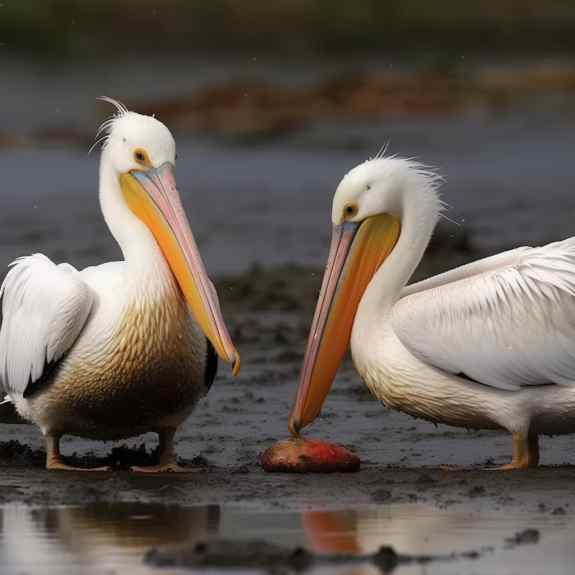
You might be wondering how pelicans manage to capture smaller birds when they are primarily adapted for fishing. Well, they have a few tricks up their sleeves, or rather, their wings.
Read More: Can a Fart Kill a Bird?
Strategic Ambush
Pelicans are masters of strategic ambushes. They often wait patiently near the water’s surface, keeping an eye on flocks of smaller birds. When the opportunity presents itself, they make a swift and precise dive, catching their prey by surprise. This technique, coupled with their impressive wingspan, makes them agile hunters in the bird world.
Cooperative Foraging
Pelicans sometimes work together to capture their feathered prey. They’ll form groups and strategically encircle flocks of birds, making it challenging for their potential prey to escape. This collaborative effort demonstrates the pelicans’ intelligence and adaptability in securing a meal.
The Circle of Life for Pelicans
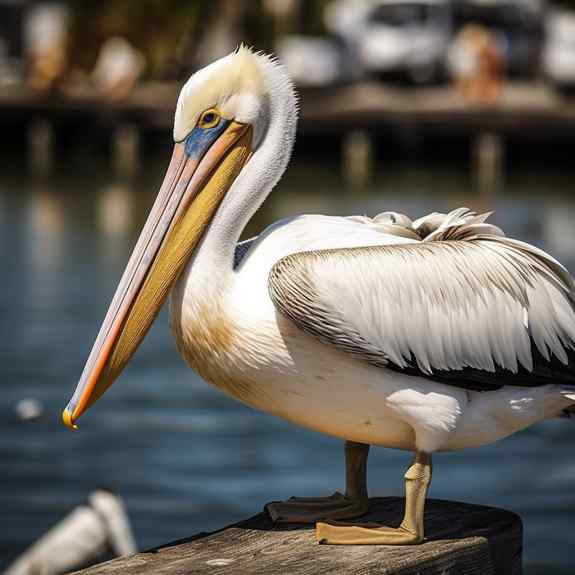
In the grand tapestry of the natural world, predator-prey relationships are a fundamental part of the circle of life. While it may seem unusual for pelicans to occasionally dine on other birds, it’s crucial to remember that this behavior is driven by the instinct for survival and the need to provide for their young.
FAQs
Are pelicans dangerous to other bird species?
Pelicans are not inherently dangerous to other bird species. Survival instincts and competition for food drive their occasional consumption of smaller birds. It’s a natural part of the predator-prey relationship in the wild.
Do all pelican species eat other birds?
Not all pelican species exhibit this behavior. Brown pelicans are the most notable for occasionally consuming other birds, while other species primarily focus on a diet of fish.
Are pelicans endangered due to their unusual diet?
No, pelican populations are generally not endangered due to their occasional consumption of other birds. These birds have adapted to a variety of food sources, allowing them to thrive in diverse ecosystems.
Conclusion
So, there you have it, the intriguing world of pelicans and their occasional bird-eating tendencies. These birds, with their impressive hunting skills and parental devotion, continue to captivate and baffle bird enthusiasts and researchers alike.
The next time you spot a pelican by the water, you’ll have a deeper appreciation for the complex and adaptive nature of these remarkable creatures.



